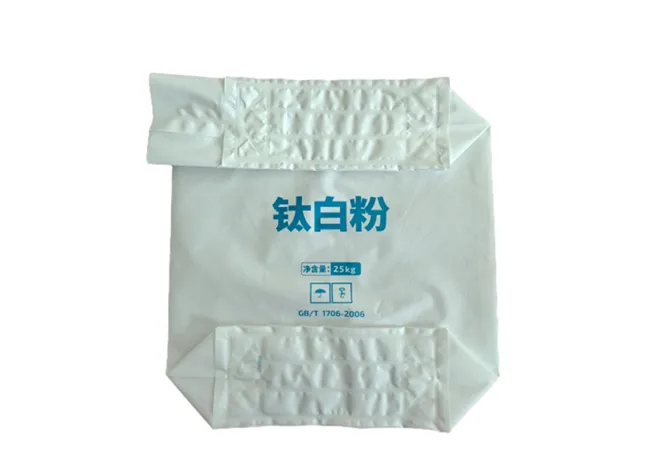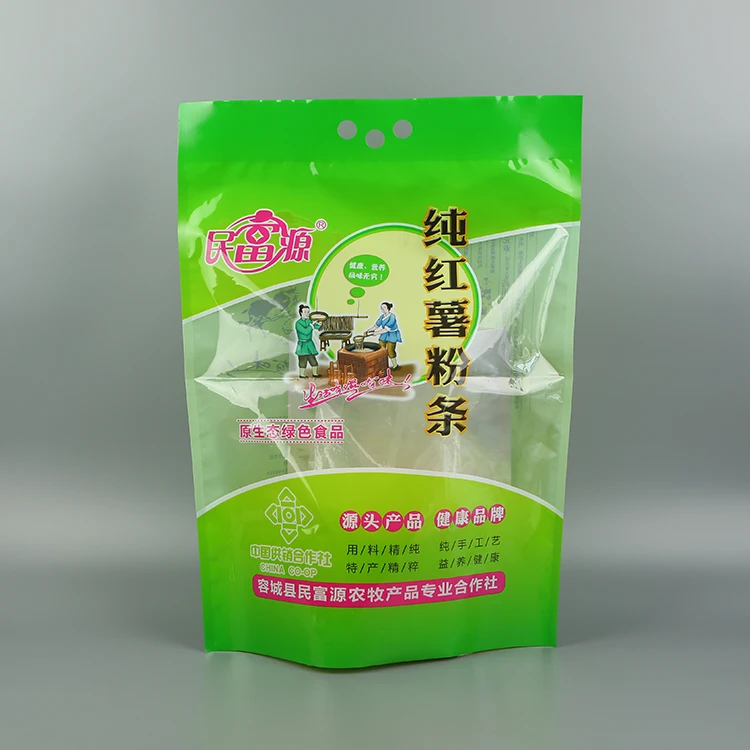The world of dog medications is vast and varied, reflecting the diverse health needs of our canine companions. By staying informed and working closely with your veterinarian, you can ensure that your dog receives the appropriate treatment for their specific conditions. Remember, proactive healthcare, including routine check-ups and vaccinations, is key to preventing health issues before they arise. Your furry friend's well-being depends on your commitment to understanding their healthcare needs, including the medications that can keep them happy and healthy.






